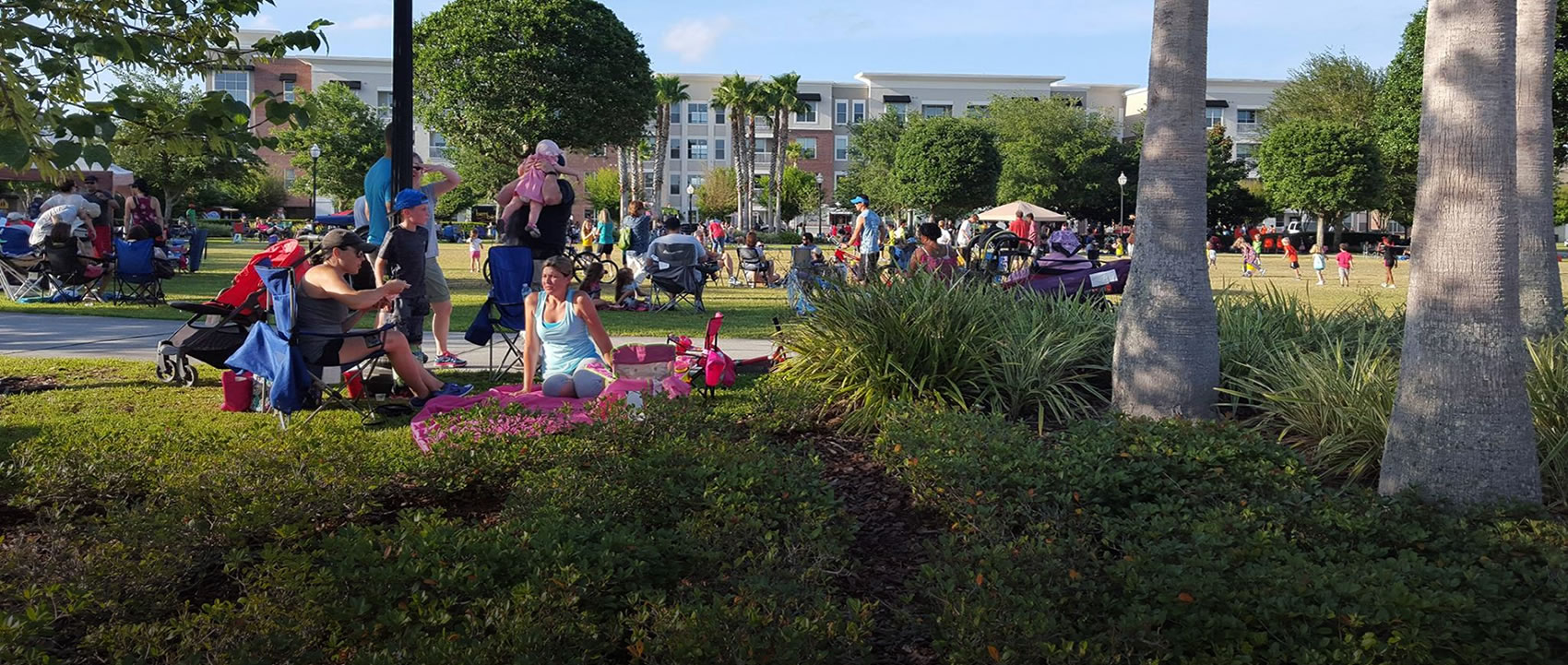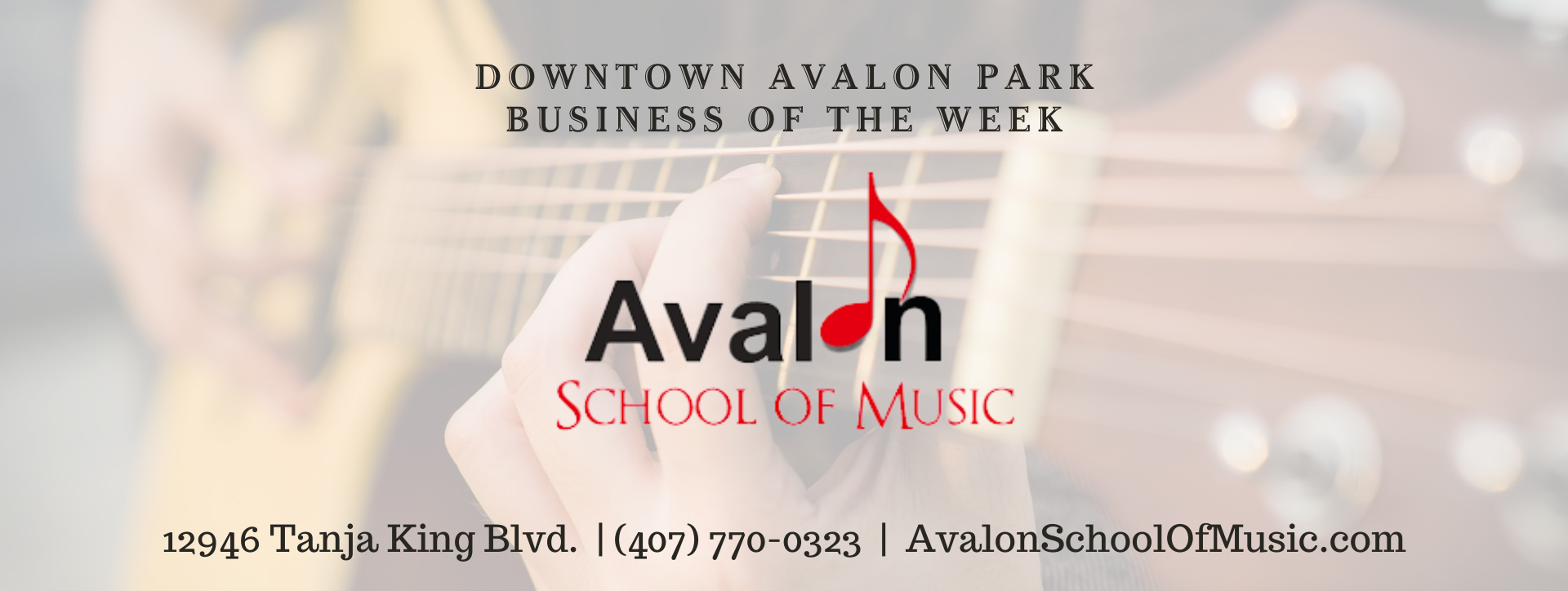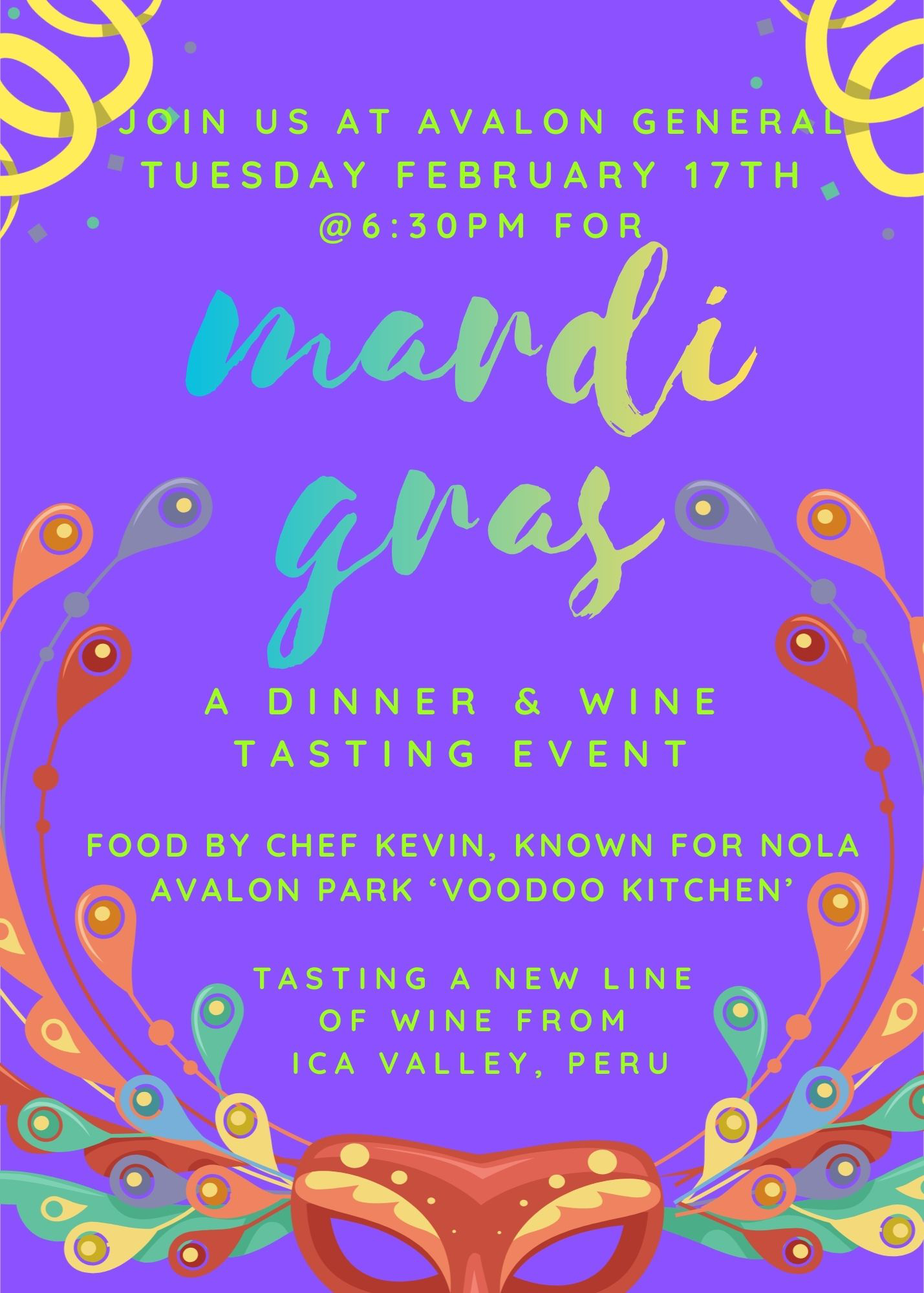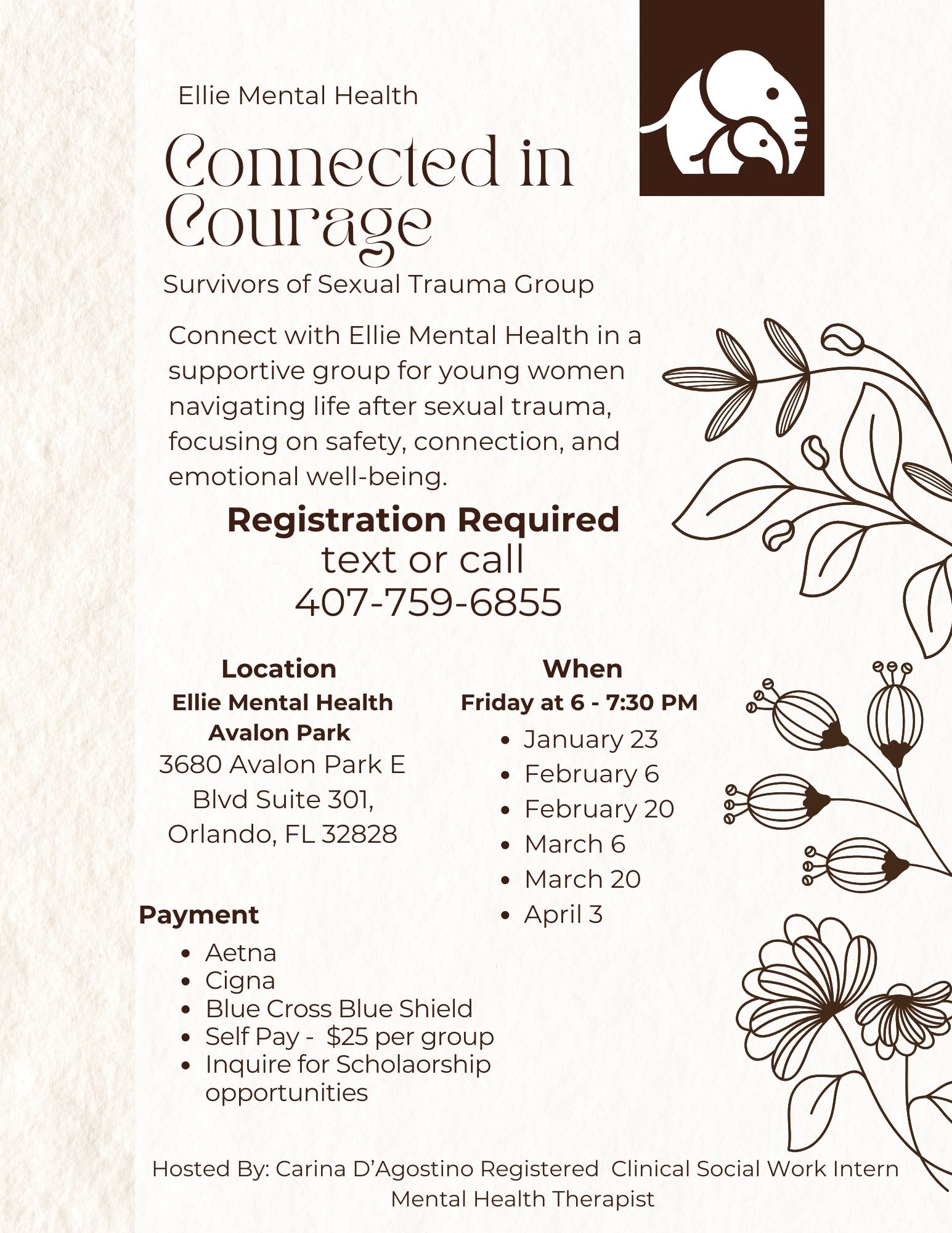What is Music and Why is it Important?
By: Paolo Tursi
Music is everywhere. It can be heard in the grocery store, on an elevator, in a church, or in a rock concert. It is the most common way to communicate a message, and it is universally understood. Everyone, from a baby in their mother’s womb to a elderly resident in a nursing home, responds to music. One could go to a foreign country and not be able to speak a word of the native language, but be able to play music and receive a smile, laugh, cry, or other emotion in return.
Music has existed just as long if not longer than written communication. While the origins of music are unknown (it is impossible to date when someone first sang), the first evidence of tangible musical instruments date back to the Paleolithic era (50,000 BCE) with flutes made out of bones. Contrast that to the oldest known cave paintings, which some archeologists would date back to 40,000BCE.
Music is powerful! Historically, governments around the world have censored music because of the powerful influence they have. The Union of Soviet Composers which was created in 1948, created and regulated musical compositions to ensure that music listened to in the Soviet Union supported the political state of the time. Composers that did not meet the nationalist requirements of this organization were censored. Stalin seemed to understand and be afraid of the power of music. During times of war, music was used to both unite an army and instill fear in the enemy. An example where music was used as a weapon can be noted as recent as the war in Iraq, when American troops often played songs on loud speakers for over 24 hours, leading their enemies to surrender. Some of these songs were, Enter Sandman (Metallica), Paranoid (Black Sabbath), Bodies (Drowning Pool).
But what is music? At the core, music can be described as a collection of frequencies (pitch) played at different times. The timing of these frequencies and the patterns it forms can be reduced to the word, rhythm. Rhythm is found everywhere in nature, starting from the consistent and recurring beat of our hearts and the pace that we walk to the sound of individual raindrops falling on the ground. Frequencies can sound either at the same time (harmony), or sequentially (melody). By picturing a cube, one can understand the elements of music: Melody (X axis), Harmony (y axis), Rhythm (z axis).
While music has been around for so long, it is impressive how little is actually known about it. Ernst Chladni, a German physicist and musician, took this understanding to a new level when he discovered that frequencies have physical geometric properties. He accomplished this by placing sand on a square metal plate and vibrating the plate at gradually different frequencies. The sand formed beautiful geometric figures that increased in complexity as the frequency was increased. Simply put, this means that music is physical in nature!
While there are plenty of discoveries to be made about the scientific properties of music, a lot has been proven in terms of its positive effects on humans. When an individual listens to music with a strong beat, the heartbeat has been found to synchronize with the music. This is useful in developing either a focused (faster) or relaxed (slower) state of mind and body. It also reduces cortisol levels and is used to treat bipolar disorder, schizophrenia, anxiety, and depression.
While listening to music has many benefits, actively playing a musical instrument multiplies the positive effect. When one plays an instrument, (s)he uses the part of the brain’s executive function which helps with making decisions and thinking ahead. It is also a complete mental workout because it uses all kinds of sensory stimulation: touch, sight, sound, and emotional. A study concluded that senior citizens that take piano lessons “showed more robust gains in memory, verbal fluency, the speed at which they processed information, planning ability, and other cognitive functions, as compared with those who had not received lessons.” – Dr. John Dani (chair of Neuroscience at Penn’s Perelman School of Medicine).
Parents often wonder about the best activities to provide for their children that will contribute to raising strong, healthy, kind, intelligent, and socially capable human beings. Learning a musical instrument and taking music lessons has been proven to help children improve posture, be able to manage stress, make friends more easily, raise their IQ, and help them make better life decisions.
Avalon Park is fortunate to have a gem, the Avalon School of Music, which dedicates all of its effort to help reproduce the benefits listed above for all of its students. For those interested in learning more about the benefits of music and how they can benefit, please call the Avalon School of Music at 407-770-0323 or email at director@avalonschoolofmusic.com .











